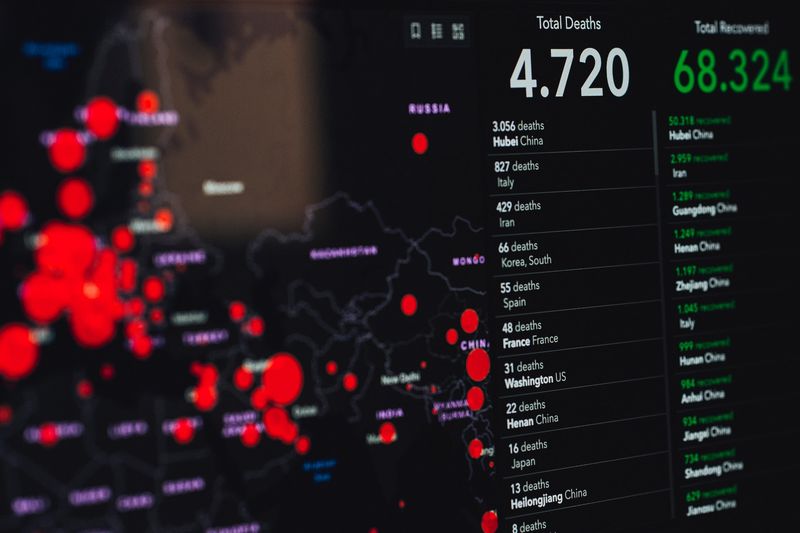COVID-19: Analysis of Measures and Planning for the Future
Note: This is an automated translation (using DeepL) of the original German article.
Start of the research project BETTER: what can we do better in case of potential pandemics in Austria?
Science thrives on being transparent and comprehensible: to this end, scientific work is published and evaluated. Only in this way is it possible for errors to be discovered and for us to learn from these errors for the future - thus creating new knowledge. The project "BETTER - Being Equipped To Tackle Epidemics Right", funded by the Vienna Science, Research and Technology Fund (WWTF), is dedicated to the question of what did not go well - and above all whether we can do something better in the future. Networked with international evaluations and advancements, BETTER thus aims to help us do better in the future.
How do we respond to potential epidemics in the best and fastest way possible?
Things that were considered unimaginable until the outbreak of the pandemic were decided from one day to the next (mandatory home office, school closures, lockdowns, ...). Politics, science and society suddenly found themselves in a completely new situation, between finding solutions as quickly as possible (development of vaccines, simulation and analysis of pandemic mechanisms, evaluation of follow-up costs) and maintaining proven control mechanisms (quality assurance, publication of results). At the same time, science suddenly found itself in the media spotlight and was asked for its information and assessments by policy makers more intensively than ever before.
These processes are currently the subject of intense political, scientific and media debate. For the functioning of democracies and for science itself, it is necessary that both recommendations and actions are scrutinized. Only in this way can errors and wrong decisions be found, grievances rectified and conclusions drawn for the future. However, this must happen in a scientifically sound manner and not "on demand."
A team consisting of the Medical University of Vienna, the University of Continuing Education Krems and the Vienna University of Technology has already thought about how this action can be reviewed and evaluated in the best possible way at the beginning of 2022. The result is the WWFT-funded research project BETTER - Being Equipped To Tackle Epidemics Right, which will start on March 1, 2023.
The WWTF Call 2022 Life Science - Public Health (https://wwtf.at/funding/programmes/ls/#LS22) invited submissions of interdisciplinary research projects focused on innovative method development in public health. The three-year BETTER research project was one of 8 projects to win peer review against competition from 95 submissions.
Lessons for the future
BETTER aims to combine efficacy research, infectious disease modeling and evidence synthesis to improve future epidemic and pandemic preparedness in Austria. An essential element is the active involvement of different stakeholders, including citizens. For this purpose, different decision scenarios and their impacts in urban and rural settings will be simulated.
The model parameters necessary for the analyses are developed based on results of systematic reviews, meta-analyses and interviews. The agent-based population concept (to best describe complex behaviors) developed at the Vienna University of Technology is used to assess the impact of the different scenarios on (health) systemic, psychosocial, epidemiological and economic aspects. This look at areas that were not sufficiently highlighted during the pandemic is an important aspect in BETTER.
Pointing the finger at others is common in political discourse - it seems - science should focus on evidence. To date, the effectiveness of set measures and strategies to combat the pandemic in Austria has not been evaluated. However, this is essential for the optimization of future epidemic or pandemic preparedness.
This will enable better decisions to be made in the event of potential future pandemics. Especially against the background of the (political) division of society and a dangerous mistrust towards science, our claim with BETTER is to contribute to this reappraisal and to improve the "preparedness" in Austria by networking with international projects for evaluation and planning.
